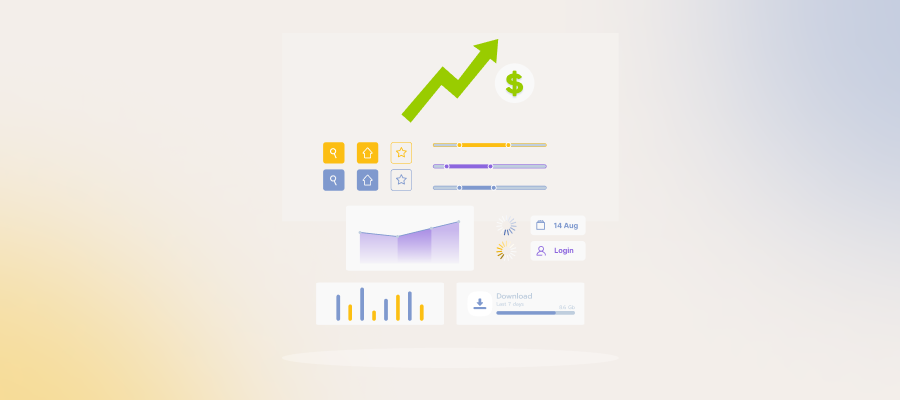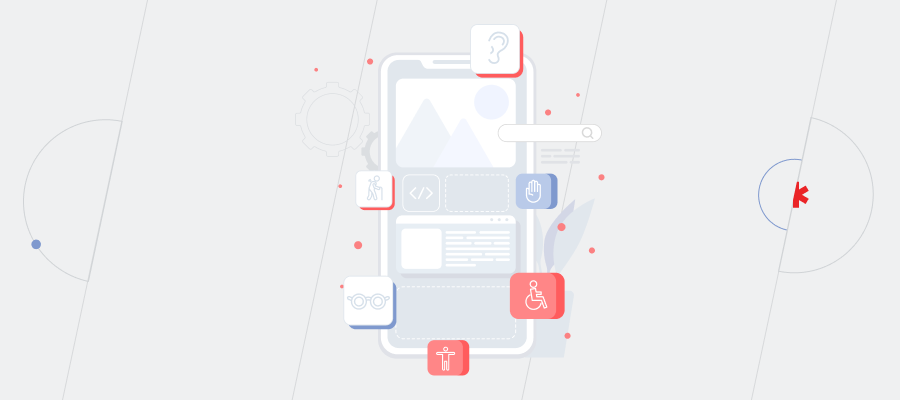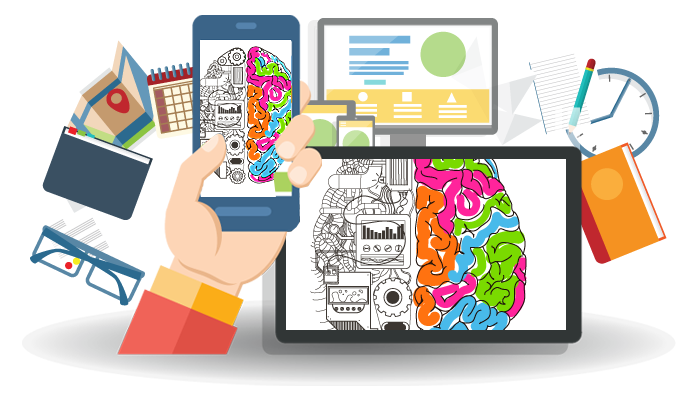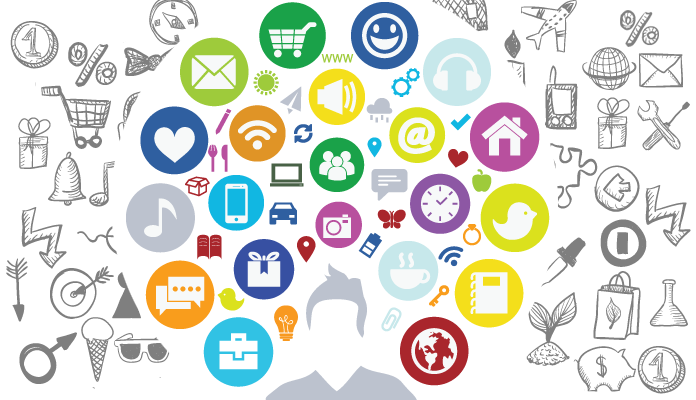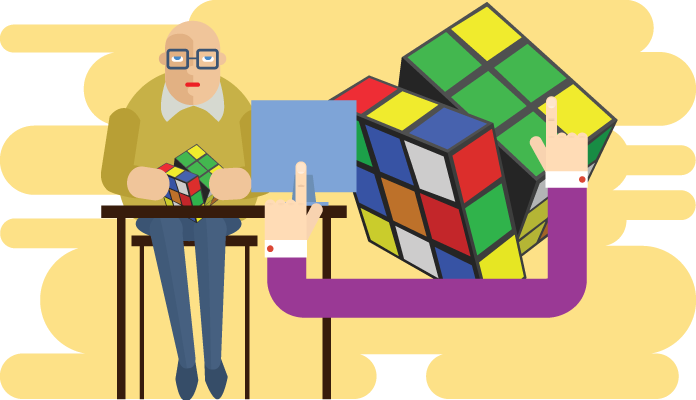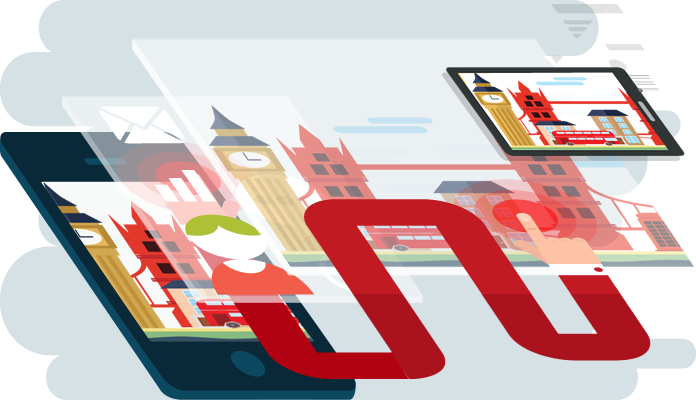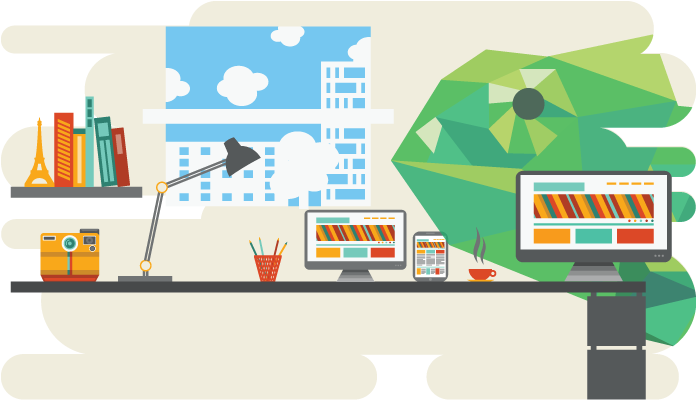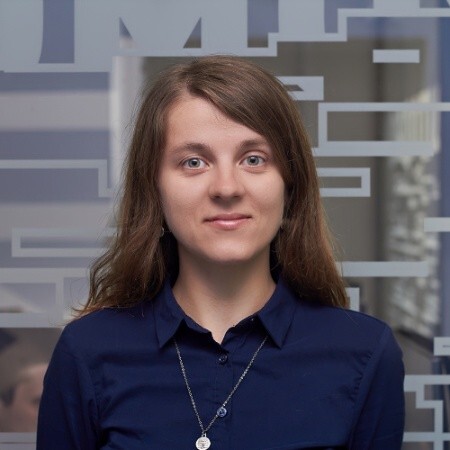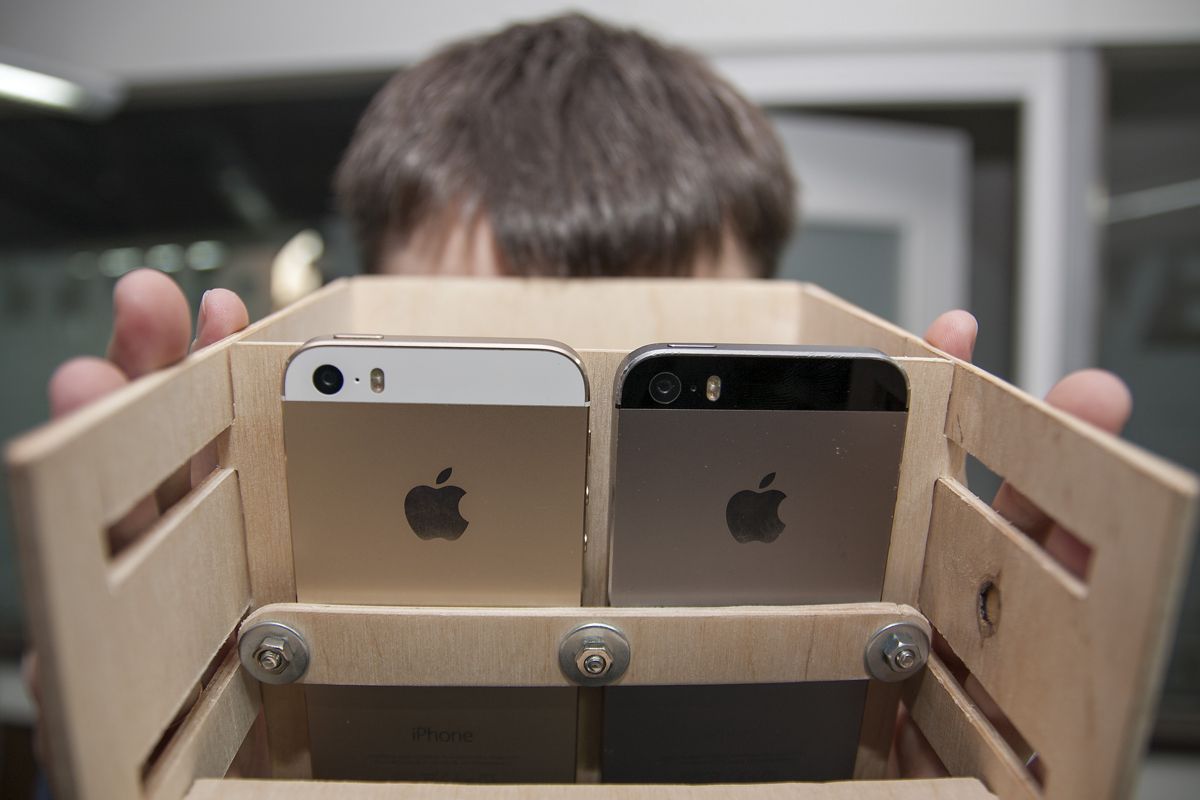
Firstly, we would like to tell you a little bit about our team. We specialize in mobile projects, which consist of many modern features, including augmented reality, which we discovered and started to learn about some time ago.
And here’s our story about the greatest discovery we made within two days. No chance you will ever guess it! It’s all about creating an augmented reality on our own!
We are sure everyone knows about the latest achievements in such fields as computer graphics, virtual and augmented realities in video games, promo, demo versions of applications and so on. No doubt, today such things look very impressive, considering the fact that five years ago all of it seemed far away in the future. Sometimes it seems like a fantasy world has already come knocking on our door.
Nevertheless, we have to tell you that not all of these things are as simple as they seem.
In practice, all of these features are extremely difficult. Trust us, when you try to deliver them to our world, you are going to be faced with all kinds of insuperable problems. Eventually, it may just seem like too much of a hassle!
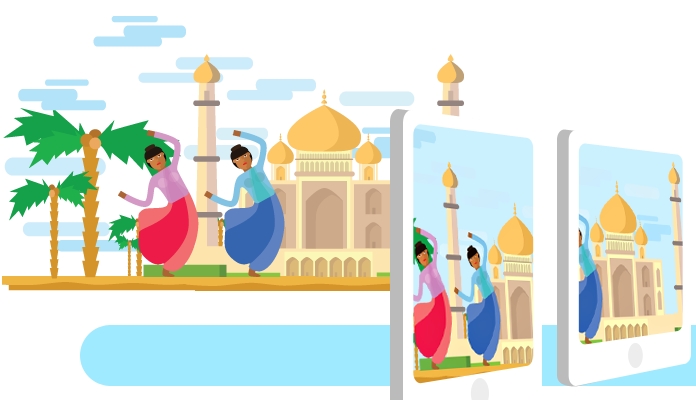
First steps on our way to success
As usually happens, we spent one evening in an attempt to solve all kinds of problems connected with studying and comprehending augmented reality. We didn’t know what to do, but we had to do something, since we needed to complete our task. Time went by…
We experienced only feelings of fatigue and hopelessness, wishing we were somewhere else. We remembered about Oculus Rift, Google Cardboard and other similar things. Once more, we were surprised about such a thing as Cardboard, which literally gives everyone the chance to see and feel another reality, and it costs so little.
At some point someone slipped in the thought: our real world looks different if we look at it by means of virtual reality. Then, as usually happens, there was lots of giggling and hours of discussion and counter-argument. Then we finally decided to check it out in practice.
What a pity – we did not have a Cardboard but …. we had two iPhones instead! Two eyes, two cameras and two iPhones – what else did we need?
We decided to observe the world using an iPhone camera and to check if we were right. Then we remembered that we did need something, in the place between our eyes and the screen. In half an hour of frenzied discussion about virtual reality glasses, we concluded that Google Cardboard was the right choice, if we compare its price and quality. We did not want to reinvent the wheel and embarked upon the usual collection of lenses and a magnifying glass. Previously we had agreed that this would be more suitable for a prototype.
Sometimes we wonder how it happens that we badly need something but it is just not there. So, we went to the nearest shop and bought magnifying lenses. There were several options, which differed in size and optical power. You would not believe it, but we had a confab near the counter to decide what type of lenses would suit us best of all! As a result, we also bought some plasticine, which would be of great help as a fixing material.
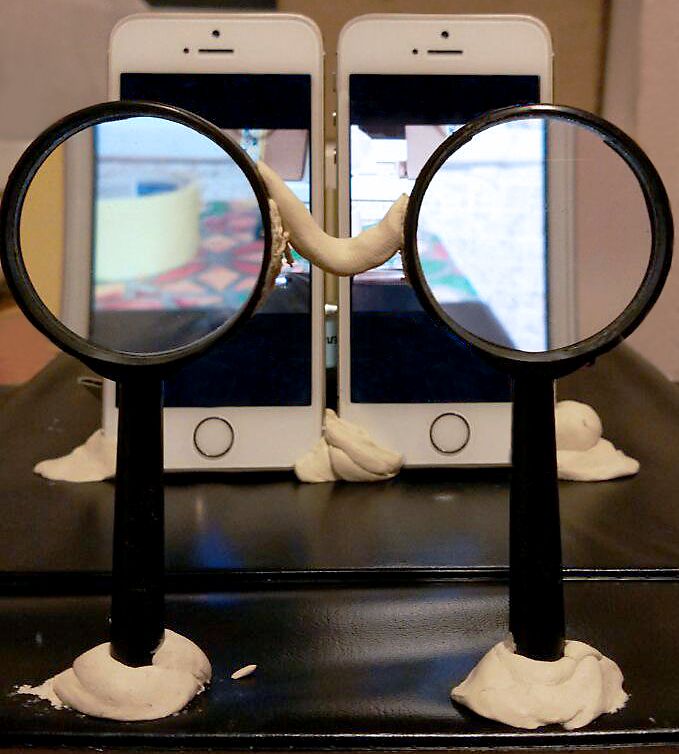
It took us no more than five minutes to rush back to our office. Then we all in turn scrutinized our prototype, estimating nuances of perception. The world through iPhone cameras looked surprisingly complete, even a little cartoonish. The feeling was similar to what you get at a 3D movie theater; the only difference being that all actions happen in the immediate vicinity.
This could have been where the story ends…
Unusual thinking – the core of the success
However, we were really inspired by the results. We wanted to continue our search for what we wanted to achieve. Firstly, it became clear to all of us that we needed to create a more reliable construction since plasticine does not hold an iPhone really well, it is difficult to wipe off and the adjustments get constantly changed.
Also, some technical aspects of the future design had to be resolved, for example, the optimal distance between the eyepieces, the distance between the two iPhones, the required optical power of lenses, and the need to correct distortions.
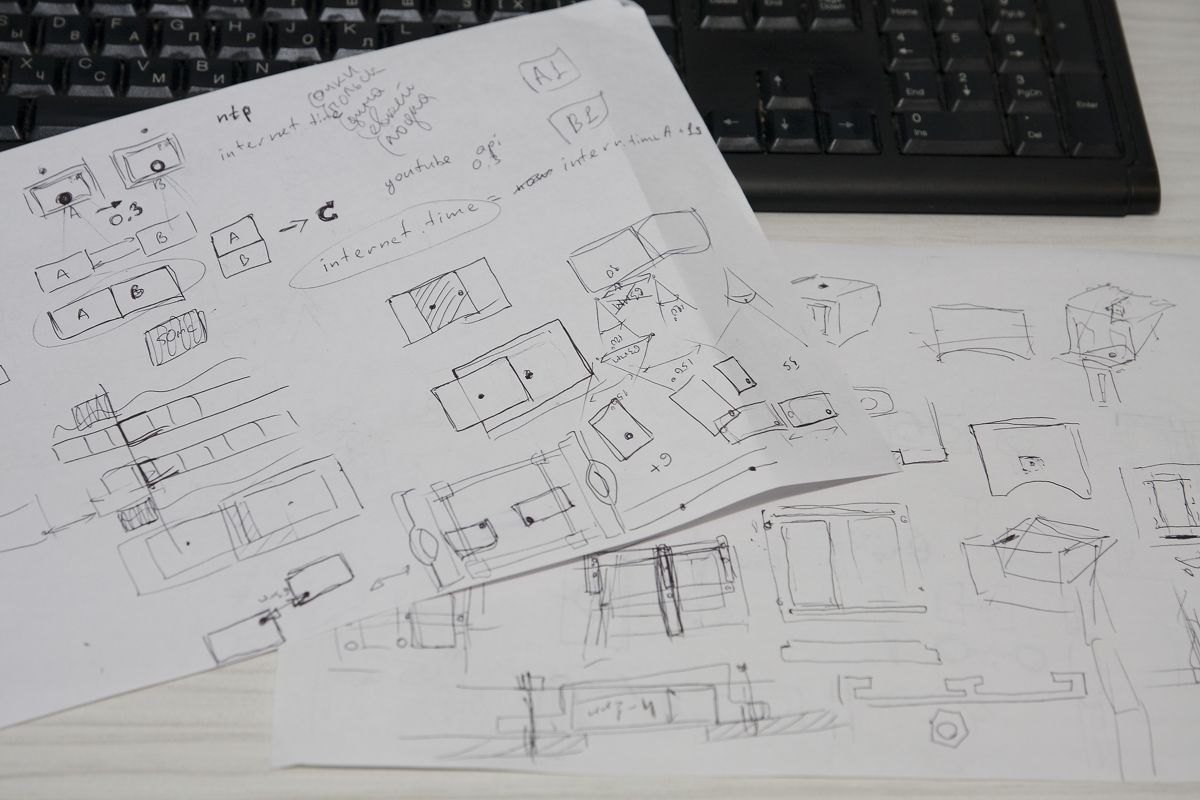
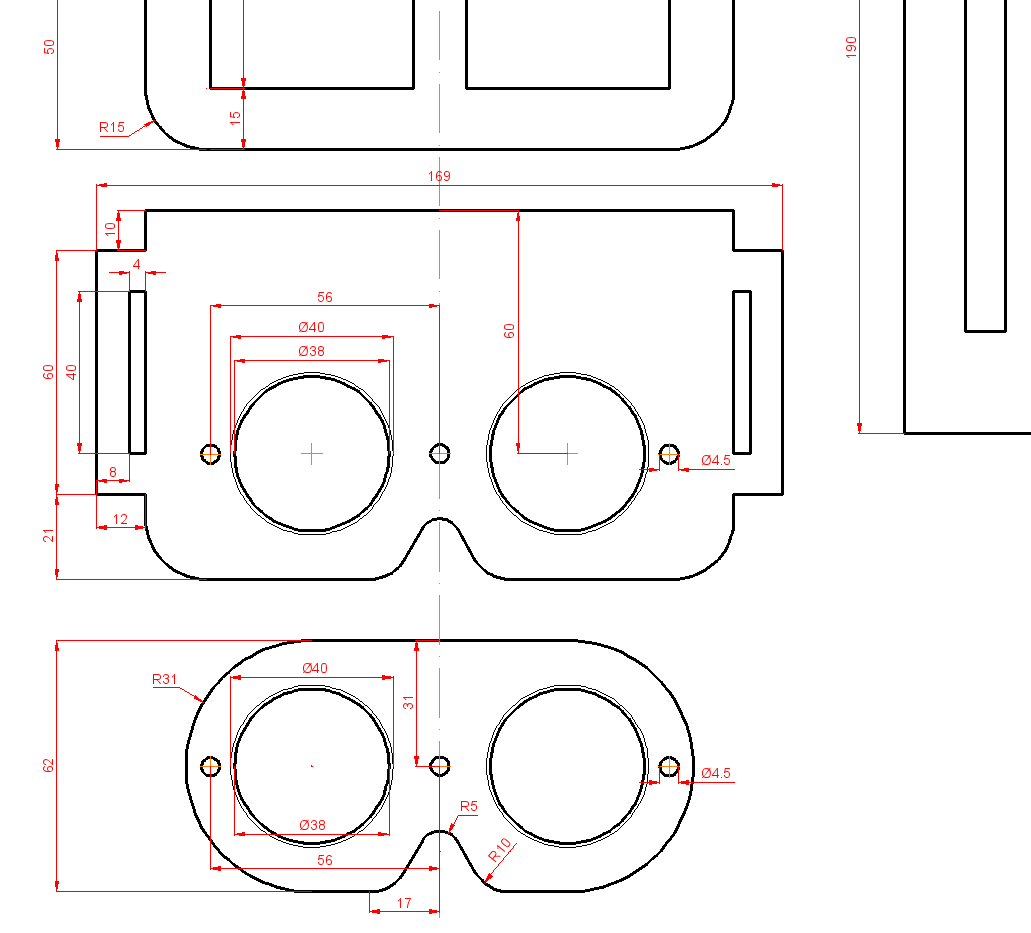
All that we needed was at hand: an AutoCAD application and the drawing. We did have some experience with these. The very next day we had a plywood model of a Cardboard, but only for two iPhones! The effect was even better. We began thinking more about what to do next. While it was still only a project, it was very cool to look at our own legs through this device!
It did not take much time for the next idea to hit us. In fact, we were fully engaged in augmented reality, and, for example, were able to impose any pieces we liked on markers, pictures, video or three-dimensional models. After some time spent on the pros and cons of programming, we decided, for a start, to try to impose a three-dimensional model. Then, just like little kids, we watched the world through this invention and estimated the progress of humanity in the field of augmented reality.
All our assumptions, which we were afraid to voice out loud – have come true. Despite all the difficulties of imposing three-dimensional models over markers and never-ending problems with bad accuracy and stability, the world through two iPhones has turned out to be really complete.
Accuracy of definition of points and the plane of a marker have become sufficient to place any model on two iPhones in the correct position. The fact is that not only the actual model seems solid, but you can also walk around it, and get closer and examine all its details. It has become just like a part of the real world!
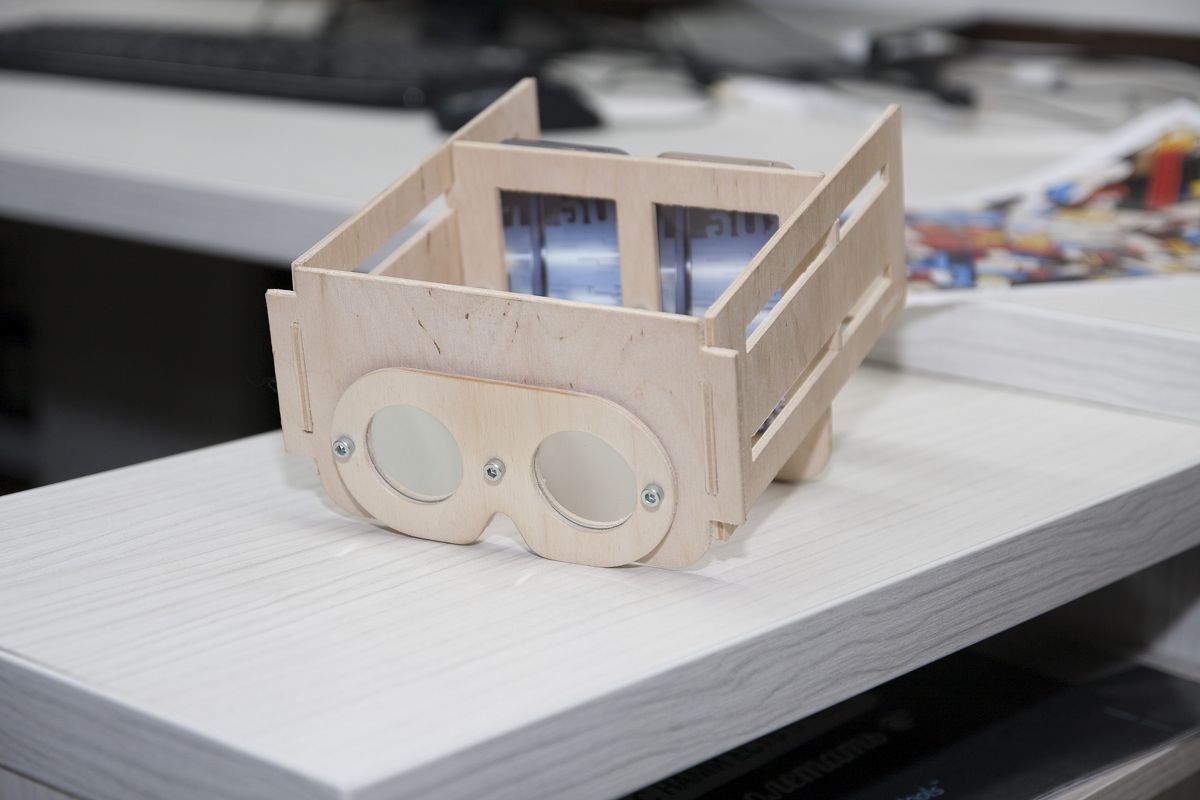
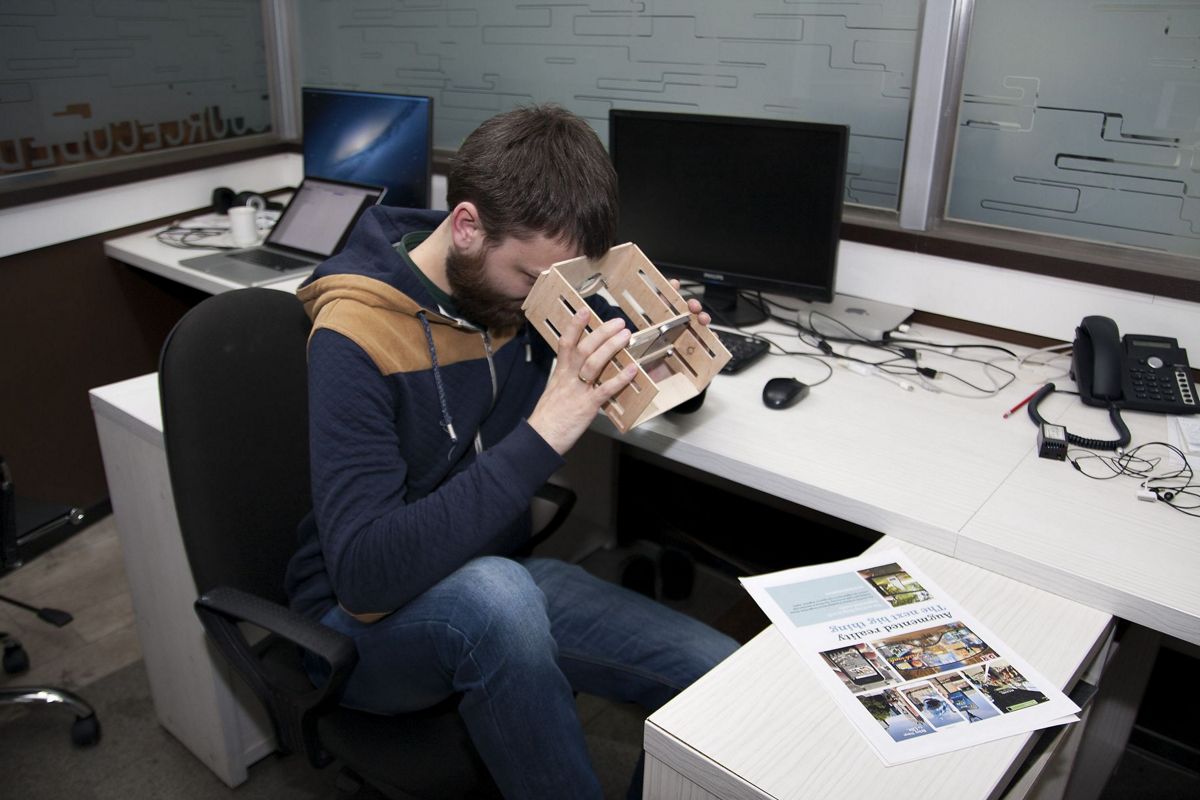
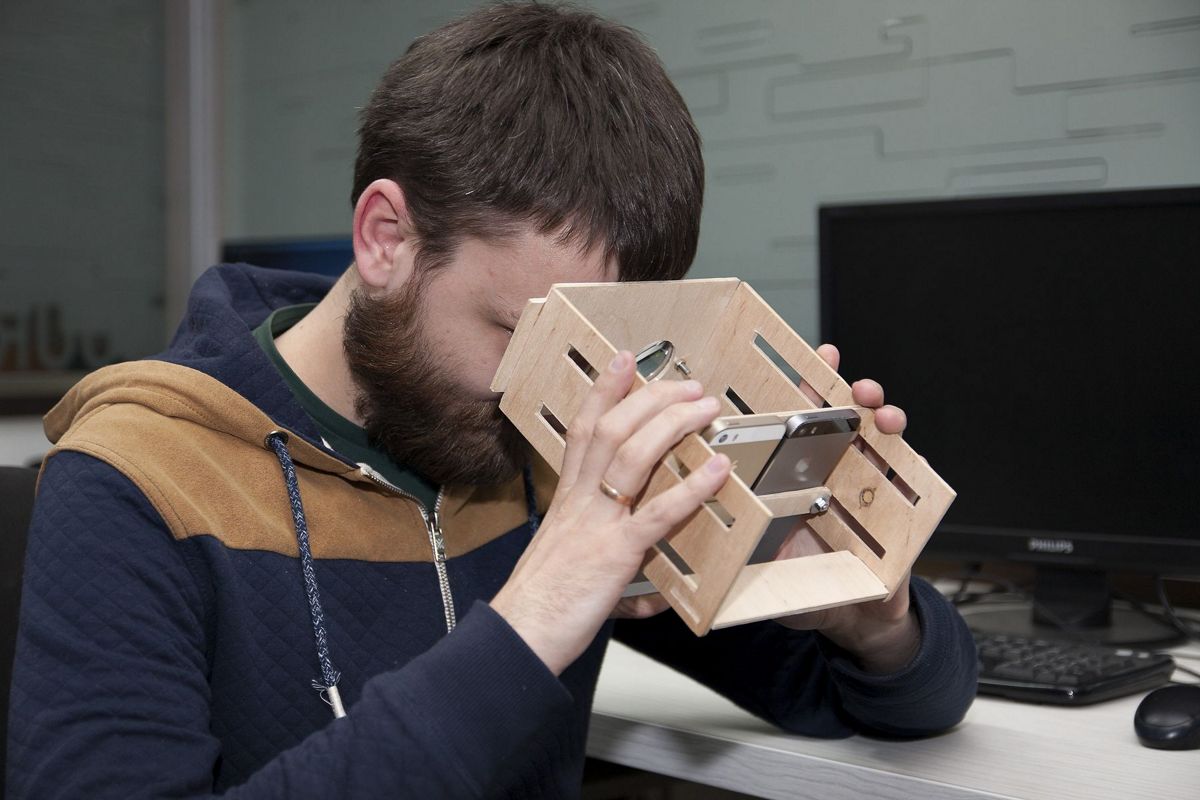
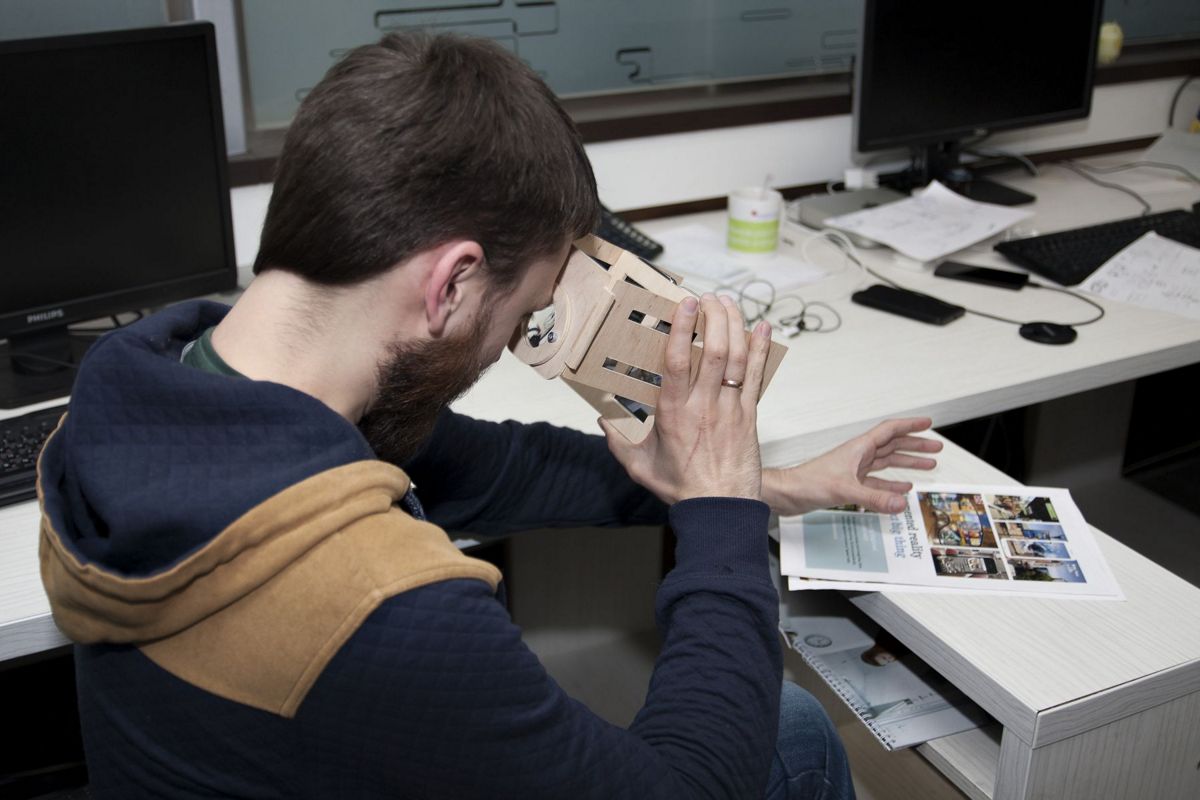
The greatest fruits of our labor!
We were blown away by the results. It was just like a revelation! On the one hand, it is a very obvious and simple piece of technology, which is literally available to everyone and is no more expensive than a Cardboard (of course, you need to have a second iPhone). On the other hand, the effect is much better than the usual augmented reality everyone can get via one camera.
Later it became clear that there is practically nothing comparable in real life to our creation!
Nevertheless, the most amazing thing in this story is that you do not need anything out of the ordinary in order to create a similar device. If you wish to make it, then you need just to have two identical mobile devices, for example, two iPhones.
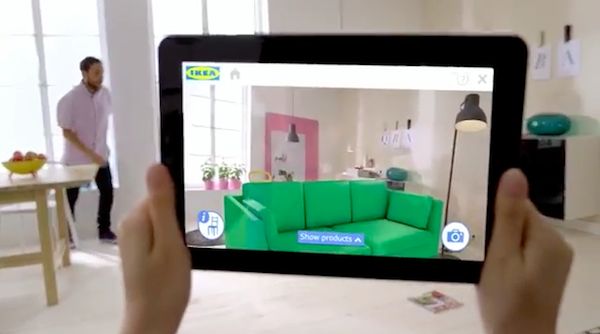
We have an excellent device, but how do we use it?
If we use our imagination, we can think of a number of situations for which this device would be useful. Let us look, for example, at the idea which came to IKEA Store management. This company has developed an application, which, thanks to augmented reality, makes it possible for you to place a 3D model of their furniture in your interior. Such a method helps you to understand the possibilities of buying particular items of furniture: by seeing them on a scale of 1:1 you can see whether their size will suit your interior.
The device we created is similar to this application, but it has already moved into the stereo. If we consider that the stereo effect provides the possibility of estimating the depth of space, then the potential of such device becomes even greater. In addition, in the long term, such an approach would be able to improve the quality of recognition of markers and the imposition of models.
We have also decided to make a demo version of this project for all visitors who come into our office. We are planning to prepare a set of markers and we will make a new design in our office so that everyone can see an alternative world through a similar device which delivers augmented reality.
Our plans for the future
We decided to make a plan for the immediate future and set the following tasks:
- Synchronize applications on two iPhones so that animation and transformation of three-dimensional models will be synchronous;
- Make a record and process a video stream on two different devices (iPhones) simultaneously in order to receive video in stereo;
- Increase the frame rate of each layer. (It turns out that smooth display for a flat image lags while watching a video in stereo);
- Design glasses from materials which are more available on the market and overcome the current deficiency.
In our view, our device should:
- be smaller in size;
- be more convenient for hands-free use;
- allow the installation of various mobile devices.
It is important to add the possibility of adjustment for differences in people’s eyesight. In order to achieve that, we have to choose the most suitable lenses from those which are currently available on the market.
Now you can see that the model we have created can be compared to Oculus Rift and Cardboard technologies. However, if we try to look further, then we will understand that our creation can be much better than any technology on today’s market. But we need time…
Maybe you have something to share with us about your own views of this project?


